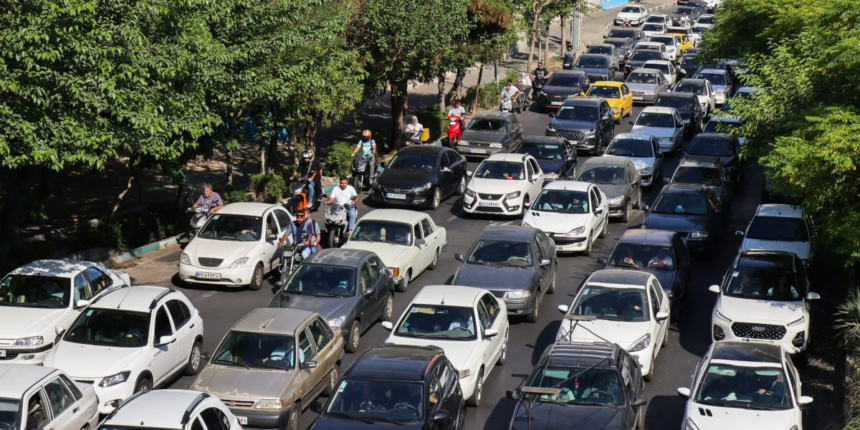Israel’s sustained air campaign against Iran, including on Tehran, prompted residents of the capital to flee, clogging roads and highways.
“We were lucky to leave very early,” he said. “Right after us the roads got really crowded.”
The Post and Times also reported that long lines were forming as gas stations, some of which had to resort to rationing, as Iranians rushed to fill up.
The rush to Tehran’s gas stations came as Israel also struck critical pieces of Iran’s energy infrastructure, including oil refineries and fuel depots.
Meanwhile, a separate attack on the Pars South gas field, considered to the world’s largest reservoir of natural gas, is also set to worsen an energy crisis that has slammed Iranians for months.
That forced Iran to impose regular blackouts to conserve energy, leaving universities, shops and factories in the dark.
“Disruptions to Iran’s natural gas production will likely worsen the country’s ongoing energy crisis and lead to more widespread electricity blackouts, however,” ISW said on Sunday. “Iranians have previously protested against the regime in response to energy shortages. Demonstrations over the rising gas prices in 2017 and 2018 escalated into broader challenges for the regime’s stability.”









